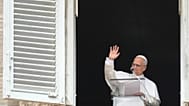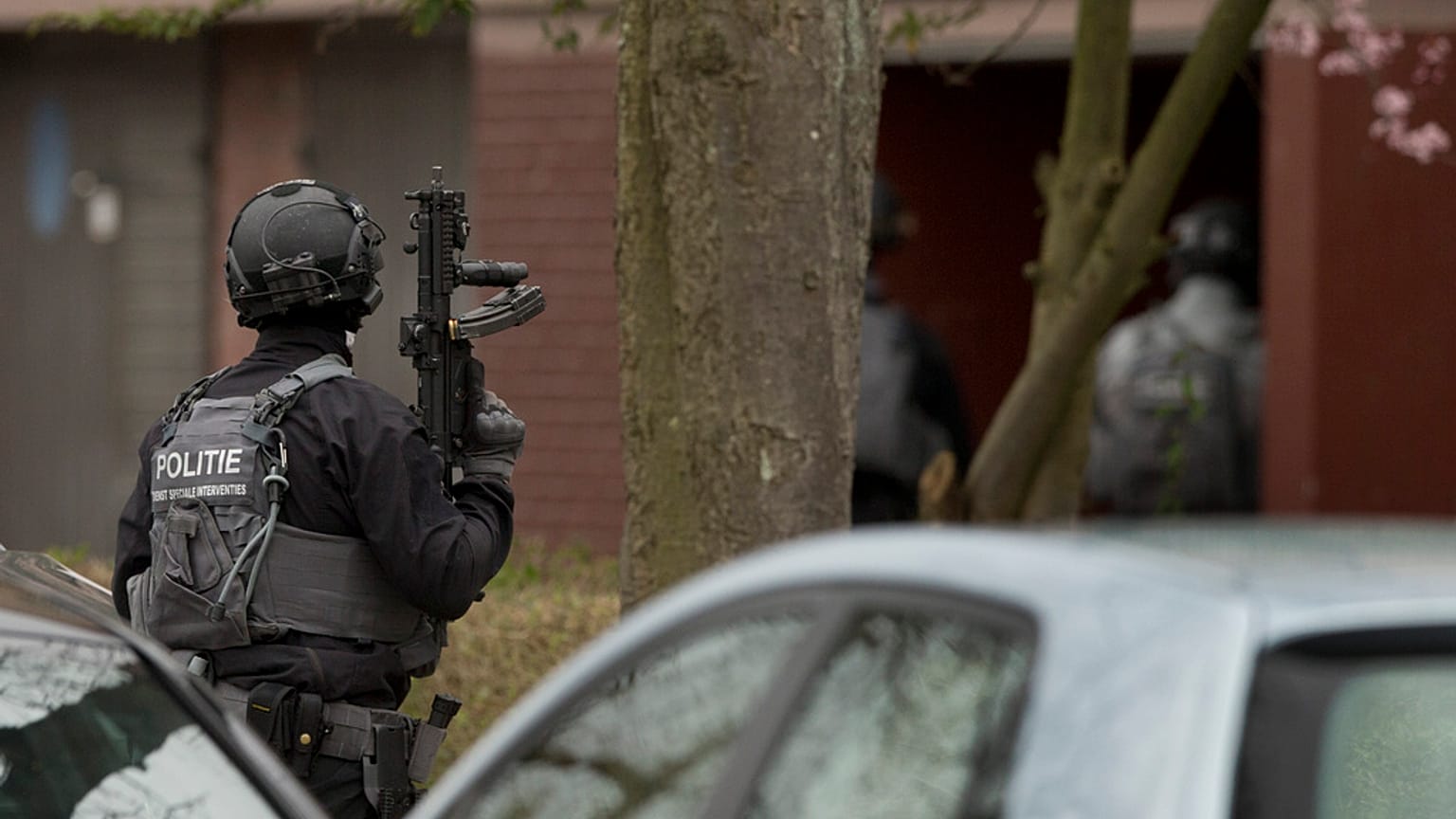The ongoing conflict in Israel, Quran desecrations in Europe, and increased threats from jihadism, along with recent attacks in nearby countries, have made the Netherlands counterterrorism agency raise its security level.
 ADVERTISEMENT
ADVERTISEMENT
The Dutch National Coordinator for Counterterrorism and Security has elevated the threat alert for the Netherlands to its second-highest level, citing a substantial risk of a potential attack in the country.
This marks the first time the threat level has been raised to such an extent since the conclusion of 2019.
An unstable landscape
The decision comes in the wake of a warning from the European Union's Home Affairs Commissioner, Ylva Johansson, who highlighted a significant risk of terrorist attacks across the continent during the Christmas holiday season due to the aftermath of the conflict between Israel and the Palestinian militant group Hamas.
The threat assessment report by the Dutch National Coordinator for Counterterrorism and Security specifically points to factors such as the ongoing violent conflict in Israel and the Palestinian territories, desecrations of the Quran in various European countries, and calls for attacks from terrorist organizations as contributors to the increased threat from jihadism.
Citing recent attacks in nearby European nations and the apprehension of terror suspects in the Netherlands and neighbouring countries, the report also emphasizes that the threat from right-wing extremism and anti-institutional extremism remains unabated.
Although the heightened threat assessment does not mandate specific security measures, it empowers security partners, including the police, municipalities, and ministries, to implement measures to address the perceived threat.
Attacks in nearby countries
Recent attacks in neighbouring France and Belgium underscore the urgency of the situation. Earlier this month, a 23-year-old German-Filipino tourist was fatally stabbed near the Eiffel Tower in Paris.
The accused is under investigation on charges of murder and attempted murder in connection with a terrorist organisation. He had previously been under surveillance for suspected Islamic radicalization and had served prison time for a planned attack that did not materialize.
In October, authorities in Brussels shot and killed a Tunisian national shortly after he allegedly shot three Swedish soccer fans, killing two of them.
He had posted a video online claiming credit for the attack and stating that the Quran was a "red line" for which he was willing to sacrifice himself.
Sweden had elevated its terror alert to the second-highest level in August following a series of public desecrations of the Quran, leading to protests across Muslim countries and threats from militant groups.














